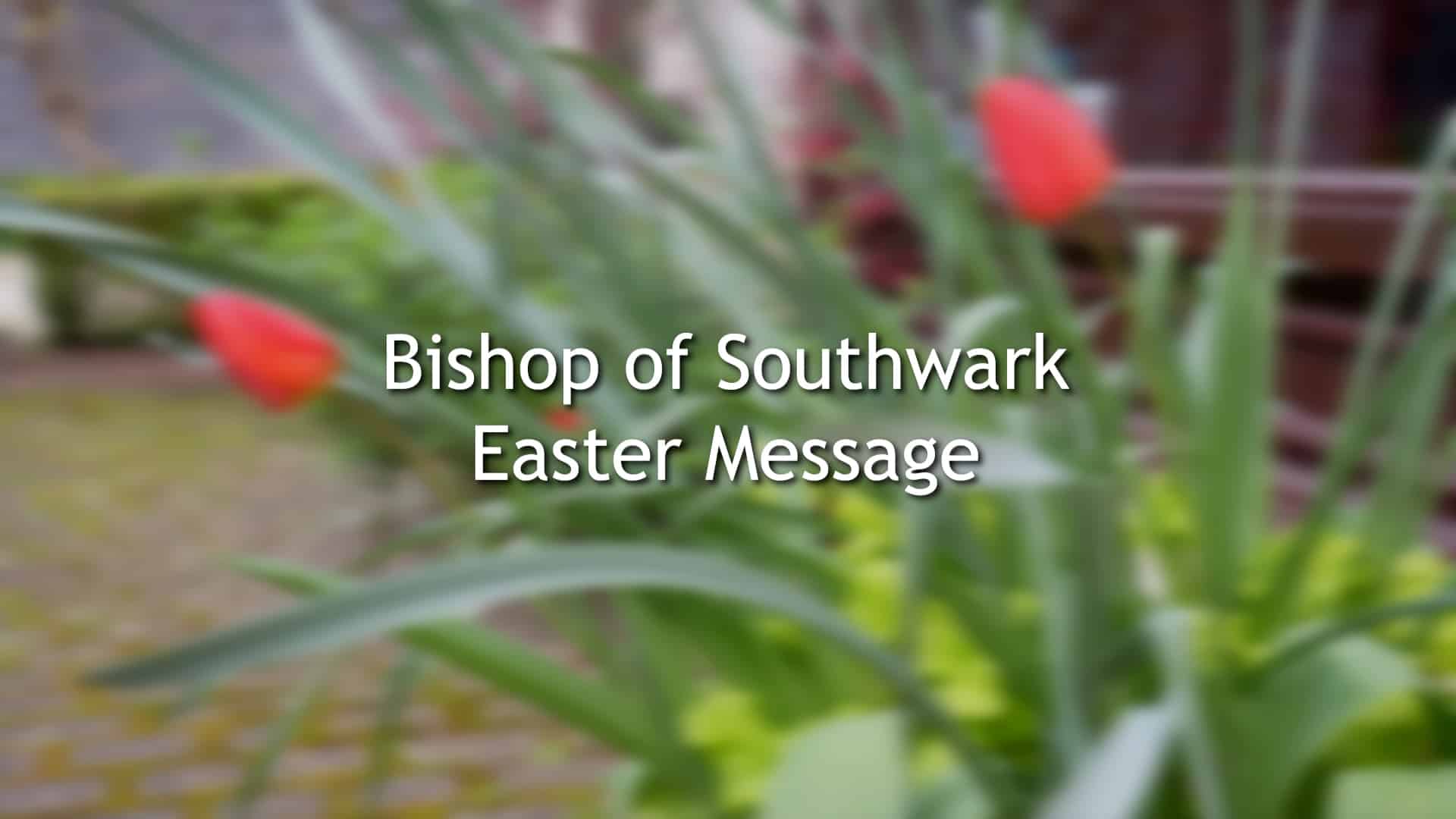My beloved brothers and sisters in Christ, fellow labourers for the Kingdom of God, co-workers in the Gospel – it is very good to be together this morning for this Chrism Eucharist.
We have come together before the three great holy days of our most solemn season to renew our commitment to ministry and to be equipped, by the blessing of the oils and nourished by the sacrament, so that we may continue in good heart in the charge that has been given to us. I begin by thanking you sincerely for all that you offer in the service of Christ’s Kingdom. We are called – each of us in Holy Orders – to a life of considerable sacrifice. There is great joy and satisfaction in our vocation but it is the universal experience of the Church that her members encounter Resurrection joy only through entering in to the death and suffering of Christ’s Passion. We enter Christ’s Passion not only in Holy Week. We enter Christ’s suffering by joining ourselves to the ongoing passion of our sisters and brothers in the communities we serve and indeed the passion of ‘the whole creation’ which is ‘labouring in travail’ or in modern translations ‘groaning in labour pains’ (Romans 8.22).
This world feels – and indeed, is – very troubled at the moment. In many areas of our national life it feels not only as if we are losing the gains of the second half of the twentieth century but that there is a real possibility we might lose more. Amid the disturbance that these challenges make, you are providing stability through the regularity of your prayer, in the faithful administration of the sacraments, in pastoral care, and in the proclamation of the Gospel. This is costly but it is also joyful and filled with hope, and,my brothers and sisters, I thank you for your faithfulness, care, and imagination.
In a few moments I shall bless the Oils of the Sick, of Baptism, and of Chrism – the oil of gladness – each in turn symbols of the various aspects of ministry for those in Holy Orders. Our journey as Christians is marked by the Cross at its inception, in its outworking, and at its end. We make the sign of the Cross on those who are baptised, on those who are being confirmed, and those who are sick or dying. Our whole life is cross-shaped – it is the wood of the Cross that gives us hope.
These three oils release Christians to live freely. In our baptism, the dignity given to us as creatures made in the image of God is restored and given a new and greater dignity as we are incorporated into the body of Christ. Although our tendency to fall means that the grace of baptism needs constant renewal, we are in baptism released from sin and sin’s power. We are washed, we are buried with Christ and we rise again with Christ. And yet the freedom we enjoy – for ‘it is for freedom that Christ set us free’ (Galatians 5.1) – was won on the Cross and because of this the font is both our grave and our mother. In the Eastern tradition, the connection between the Cross and baptism is given heightened prominence as the baptismal water is blessed by plunging a cross into the font. It is a powerful symbol of a fundamental truth of the faith and at the easter Vigil the paschal candle will be plunged into the font likewise.
When we receive the Oil of Chrism at confirmation, the Christian is released into the royal and priestly dignity that freedom brings. Our new king, King Charles III, will be anointed with the Oil of Chrism consecrated in the Holy Land by the Patriarch of Jerusalem in the presence of Archbishop Hosam of our sister Diocese. Priests, too, are anointed with the Oil of Chrism at their ordination. These royal and priestly anointings are for specific purposes as individual royal and priestly vocations are drawn out of the body of the baptised: indeed the Chrism is set aside for Prophets, Priests and Kings. But there is a sense in which this is true, too, for each of us. The dignity God bestows is royal and priestly – no-one is excluded from it, although some are called to live through particular sacrifices and duties. It is in the dignity bestowed in the anointing from which the hearts of our sovereign, our priests when ordained and the newly confirmed are enlivened for service. We are called to live as adults in our thinking, in our faith, and in our service precisely because the freedom Christ won for us is noble and life giving.
When we are sick and when we are dying, the comfort of the Cross is ours then, too. ‘In my beginning is my end,’ wrote TS Eliot at the opening of his great poem but he also knew that in the final part of life the inverse holds true: ‘In my end,’ the poem concludes, ‘is my beginning’ (T. S. Eliot, ‘East Coker’: The Four Quartet’). Our task in ministry is to hold open the story of the future so that people can walk toward it with hope. At the beginning of our Christian journey, we are marked with the Cross. As we reach maturity and own the faith for ourselves, we are marked with the Cross once again. In trouble and sorrow, and at the point of death, we are once more marked with the Cross. Each anointing, each mark of the Cross, is an instance of the Church’s healing ministry, which is the work of salvation. After all, the classical root of the word salvation before we find salvare in Medieval Latin is salus, meaning health – and the same association of health, healing and salvation is found in the New Testament σῴζω (sozo). We, the ministers of the Church, are wounded healers after the model of Christ himself; but let us be in no doubt that the Church is in the business of healing – and we can only offer after the example of Christ.
In all this, the Church herself needs healing. She is riven, she wounds herself, and those who profess to love her struggle to love those bound to them in baptism and at the altar. Yet nothing is impossible with God. Christ rises from the tomb. Death and illness are defeated. We can live freely and we can live well, if only we choose to enter into the future that God has prepared for those who love him.
So take heart, my friends, in the Eucharist as you renew your commitment to ministry and leave equipped with the blessed oils and nourished by the sacrament. The One who calls is faithful and leads us and those we serve into the glorious liberty of the children of God, if only we will follow. Amen.






